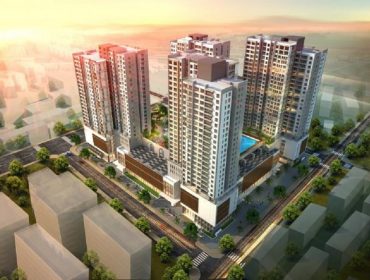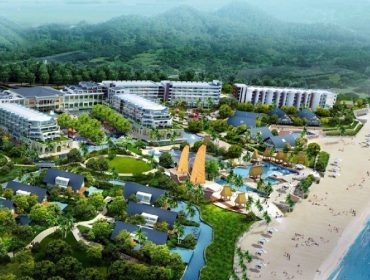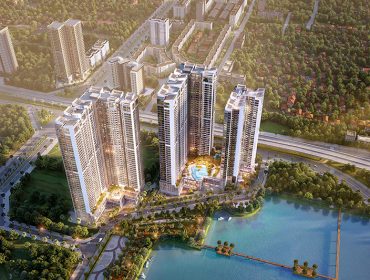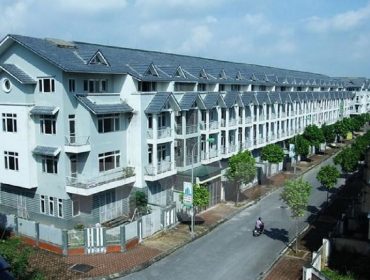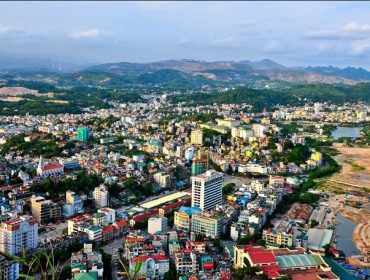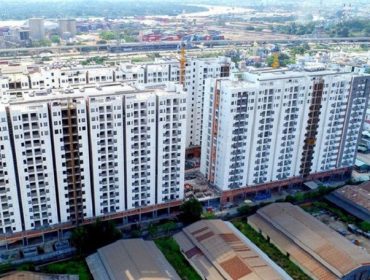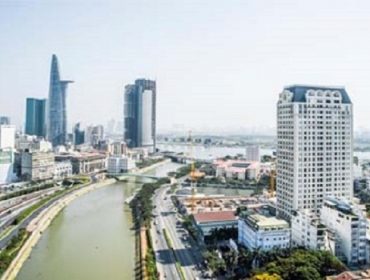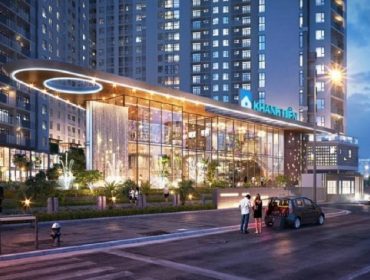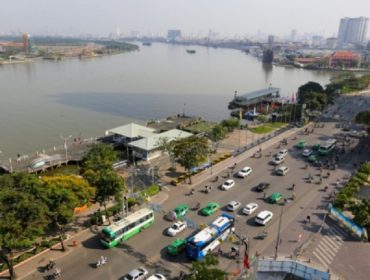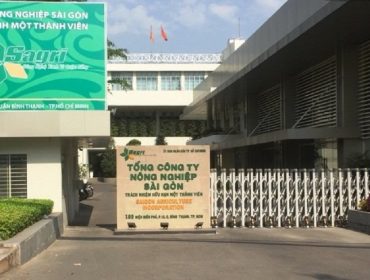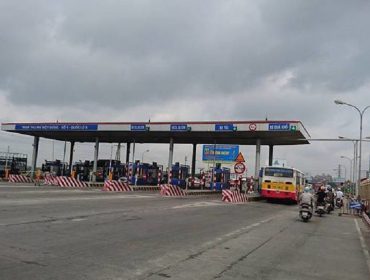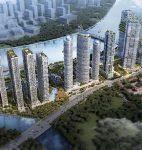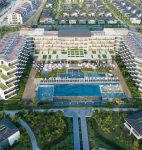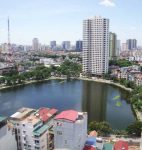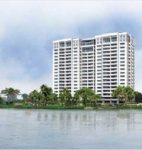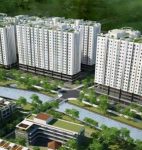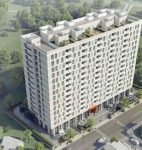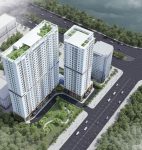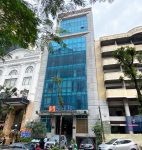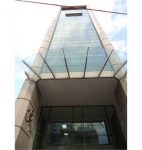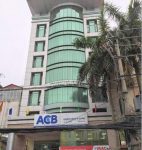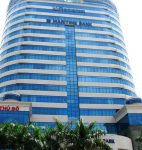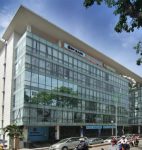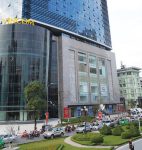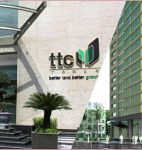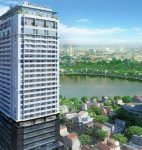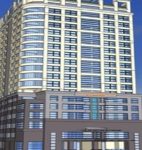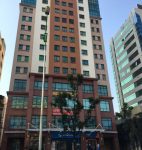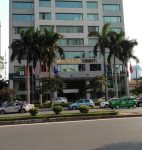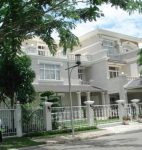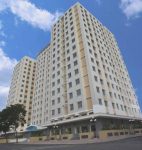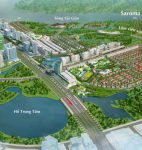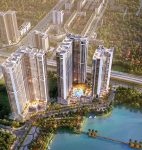Hotline:
(+84) 898 898 688BT project is typical of non-market and group interests
This is a statement by Assoc. Prof. Dr. Nguyen Dinh Hoa – Deputy Director of Audit Training and Training School (State Auditor) presented at the scientific workshop “BT Investment Mechanism – Issues to Set out and solution completed “by the State Auditors held on October 19.
BT – fertile soil for corruption
According to Assoc. Dr. Nguyen Dinh Hoa, the nature of the BT project is a public procurement transaction with the condition of late payment or payment later. Although it is a buy-sell operation, the BT project does not follow the market mechanism because the buyer (the state) does not have the same product to choose from, while No one has to compete directly in competitive bidding.
With respect to the price to the seller, it is not possible to obtain a market price because it is determined by the estimation and settlement process of an investment project – which is very complex to identify and susceptible to change in the direction of increased by many non-market factors.
“Each number is subject to subjective decisions by the competent authority or body, which is the largest and most fertile land,” Hoa said.
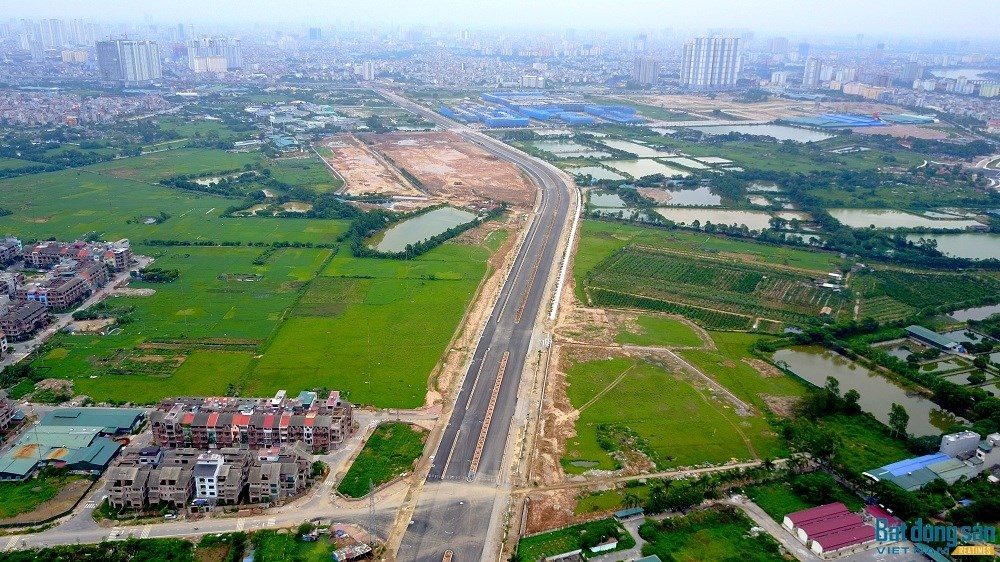
The loss from the BT project is double leakage
For most BT projects now, land use fees have been temporarily charged at the time of contract signing (in order to facilitate the simultaneous implementation of both BT projects and projects ). When the project is completed, technical audit and financial audit should have been carried out to determine the exact quality and value as the basis for payment by land fund to be examined and audited, but only finalized.
“Normally, an investment project, in any form, must go through two legal procedures, namely, procedures, procedures and approval authority.” For BT, due to lack of transparency, occurs in both these aspects and easily lead to group benefits, “said Hoa.
According to Mr. Hoa, losses arising from the project BT is double leakage. One is that the “infrastructure” that the BT project offers is not competitive so it does not reflect the market price.
The benefit of investors is that the BT projects have been appointed. The determination of total investment, settlement of “barter” is agreed between the authorities and enterprises.
Decree 15/2015 / ND-CP makes it very easy to monitor the quality of BT projects. Accordingly, investors are responsible for the quality of works, project services; self-monitoring, self-management or hiring consultant management supervision and acceptance. State agencies only supervise the compliance of obligations of contract investors.
Second loss is land. Under the provisions of the land finance policy, the determination of the land use fee or land rent of the land fund shall only be made when the State decides to allocate or lease land. But in fact, at the time of signing the BT contract, most of the land fund payment has not yet decided land allocation or lease. Therefore, the valuation of the land fund paid at the time of signing the BT contract is groundless.
“With a BT project, the land allocated for primary payment is required to be high value, usually made up of its prime location.” In other words, in that case, the part of The public-private sector is considered as a public asset. However, this factor has been largely overshadowed in the review and approval of BT projects, “said Hoa.
Regulations on BT projects have many gaps, overlapping
According to Prof Dang Hung Vo, former Vice Minister of Ministry of Natural Resources and Environment, the regulation on BT projects has many legal gaps and overlapping.
For example, the Land Law 2013 only Clause 3, Article 155 stipulates that the State assigns investors to manage the land area for project implementation. In addition, there are no specific regulations on land, type land, the value of land to pay to investors when implementing BT projects.
“So, there is a very big legal space for the BT project in the Land Law, while many other BT documents refer to the implementation of the Land Law,” Vo said.
Decree No. 43/2014 / ND-CP regulating the detailed implementation of the Land Law has a separate Article 54 on land for BT and BOT projects. However, this Decree only regulates the allocation and transfer of land by the state. There is no regulation on the type of land to be converted and the value of land to be exchanged.
Decree No. 15/2015 / ND-CP contains five items related to BT projects (Clause 5, Article 3, Clause 3, Article 14, Clause 3, Article 43, Clause 2, Article 48 and Article 65). However, when analyzing in depth the cost-benefit aspect, it may find many disadvantages for the state when implementing this Decree.
Specifically, the allocation of land to pay investors before the completion of infrastructure works is not appropriate because the state infrastructure planning mechanism, land auction to pay investors for the infrastructure construction will bring more efficiency;
In addition, the Decree does not provide detailed regulations on the evaluation of the quality and valuation of infrastructure and the valuation of land to investors. The issue of value management to the Ministry of Finance is also a management mechanism associated with the risk of corruption is very high. The decree confirms the BT contract is the main basis for the State and investors to implement but there is no specific provisions on this type of contract.
“In principle, the land paid to investors can only be implemented after completion of infrastructure works, acceptance on quality, final settlement and independent auditing because they know the specific value. This allows for a very high level of corruption and the possibility of loss of land assets is likely to occur in reality, “Vo said.
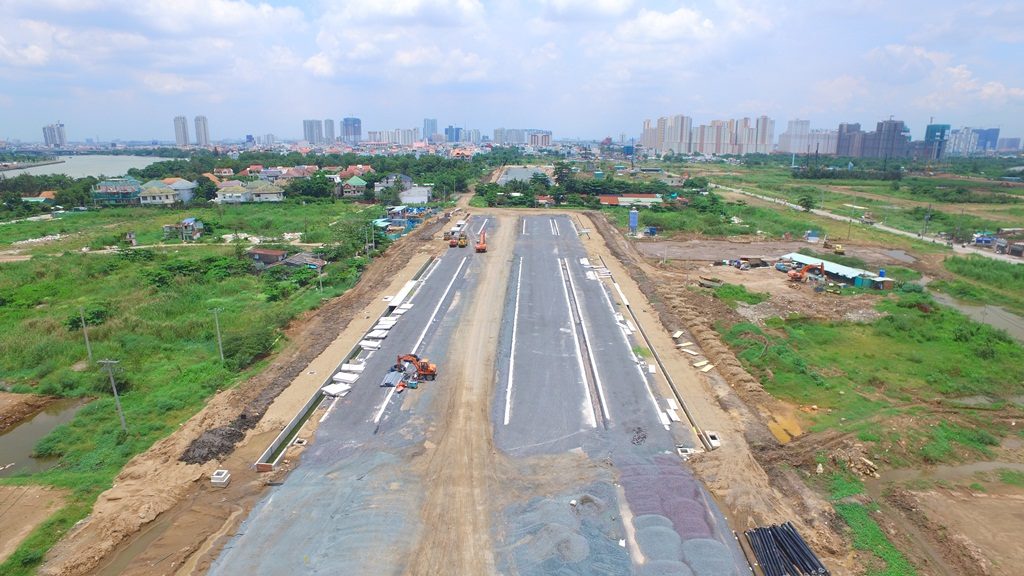

There are many gaps and overlaps in BT legislation
According to Prof. Vo, the central issue of the BT project is how the value of infrastructure works and the value of land exchanged need to be determined. Specifically, what is the value of the road constructed by anyone who evaluates the quality, who determines the price, finalizes, audits or derives only the estimated value in the investment project?
Likewise, the land used for roadside conversion is calculated based on the price of agricultural land or residential land, whether the land has been constructed or not.
It’s time to say goodbye to “land for infrastructure”
Professor Dang Hung Vo said that it is time to fare land exchange mechanism for infrastructure in the province has developed well. The BT mechanism only applies to underdeveloped localities, weak budget revenues, and central budgets still have to be supported, with insufficient infrastructure to attract investment.
“In localities with well-developed infrastructure, they do not implement BT projects but have to implement the state land auction mechanism for infrastructure development. The BT project, which encourages public investment in partnerships, is based on a fee-for-service basis, public services, “Vo said.
Professor Vo also proposed some additional provisions on the legal framework for BT projects.
Specifically, detailed requirements for cost-benefit analysis should be established between the BT mechanism and the state-owned public asset auction mechanism for financing infrastructure construction (or as a basis for implementing decisions). project BT); The specific contents must be mentioned in the BT project implementation contract between the State and investors.
Land is not allowed to be paid to the investor before acceptance, completion of quality assessment and valuation; To use land for payment to infrastructure investors must be in line with the plan on housing development in proportion to the infrastructure in urban development.
In addition, there should be specific regulations on the process of evaluating the quality and valuation of the constructed works and the land used for payment to investors as well as the requirement of publicity and transparency of all information on the project. To create mechanisms for local people to participate in the supervision and regulation on accountability of the concerned State bodies.
You are reading the article BT project is typical of non-market and group interests in the Real Estate category at https://realestatevietnam.com.vn/.Any information sharing, feedback please email to contact.vietnamrealestate@gmail.com, Hotline (+84) 898 898 688 (24/7).
Special thanks!

